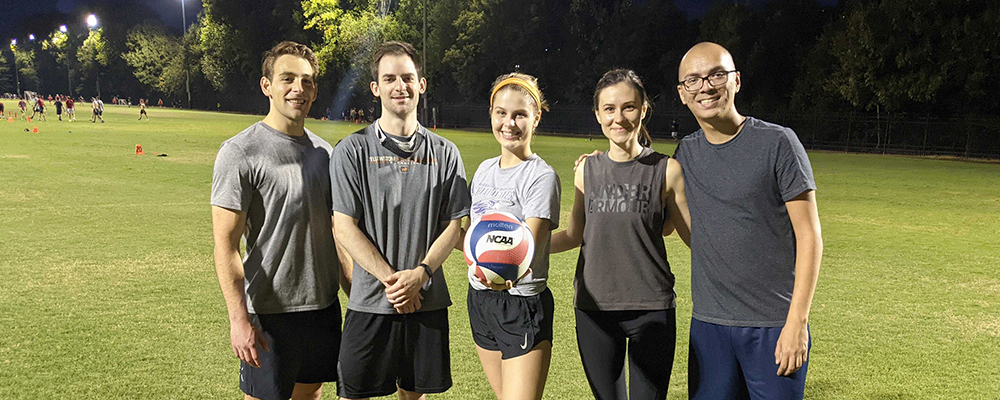Working with data is changing the beliefs that I hold about the world and about my life.
Before I shifted to being a data-driven belief holder, my little world revolved around me (what I experienced). My little world consisted of the place I was residing in, the people around me, and the social media accounts that I followed. This little world, however, did not seem so little to me, because I was able to form opinions on everything: politics, movies, the Mets, geopolitics, the whole gamut. I thought I saw the entire world, but I only saw it from the perspective of my little world.
I remember when I first realized this. I had somewhat strong opinions about charitable donations and about which organizations should be the recipients of those donations. However, all the charities and non-profits that I even considered donating to were tied to my little world, without explicitly realizing so. The illusion of my little world was broken when I had the fortune of hearing Peter Singer’s TED Talk, The why and how of effective altruism.
Singer first hooked me by appealing to a value that I think we all share: we should try to create the most good that we can.
In terms of donating money to charity, we might ask, “Who will create the most good in the world with my dollar?” It’s an ethically seductive idea for some, and a jarring idea for others because the question now is not “Where do I want my money to go?” and “Who do I want to help?”, but “Where should my money go?” and “Who should I help in order to create the most good?’”. The choice is taken away from us, but we now have a clear rule to help us decide where to give.
In addition to an important philosophical argument, Singer shared data about problems that charities were tackling. I had no idea these problems existed, and he shared information about the impactful work being done by these charities to solve them. For instance, he shared a number from a UNICEF report that should startle anyone: 6.9 million children under the age of five died in 2011 from preventable, poverty-related diseases. This number was regarded as good news in the UNICEF report because that number fell from 12 million in 1990. In my little world, I have been fortunate enough not to grow up in poverty or see the levels of poverty that follow with the deaths of so many children. As a result, I was not looking for charities that helped children in poverty. But looking at the data helped me leave my little world, and the numbers have helped guide me to make more informed decisions in trying to maximize the good I can in the world.
If you are interested in maximizing the good, look to GiveWell. GiveWell is a nonprofit dedicated to finding outstanding giving opportunities and publishing the full details of their analysis to help donors decide where to give. They follow the tenants of effective altruism closely and have helped people like me and (hopefully) you join together to save millions of lives. Now, I see the world very differently because I see it through data. The world is full of information that I didn’t know about while I was in my little world. I hope that you let data open your world too.
Columnist: Sam Weiner
